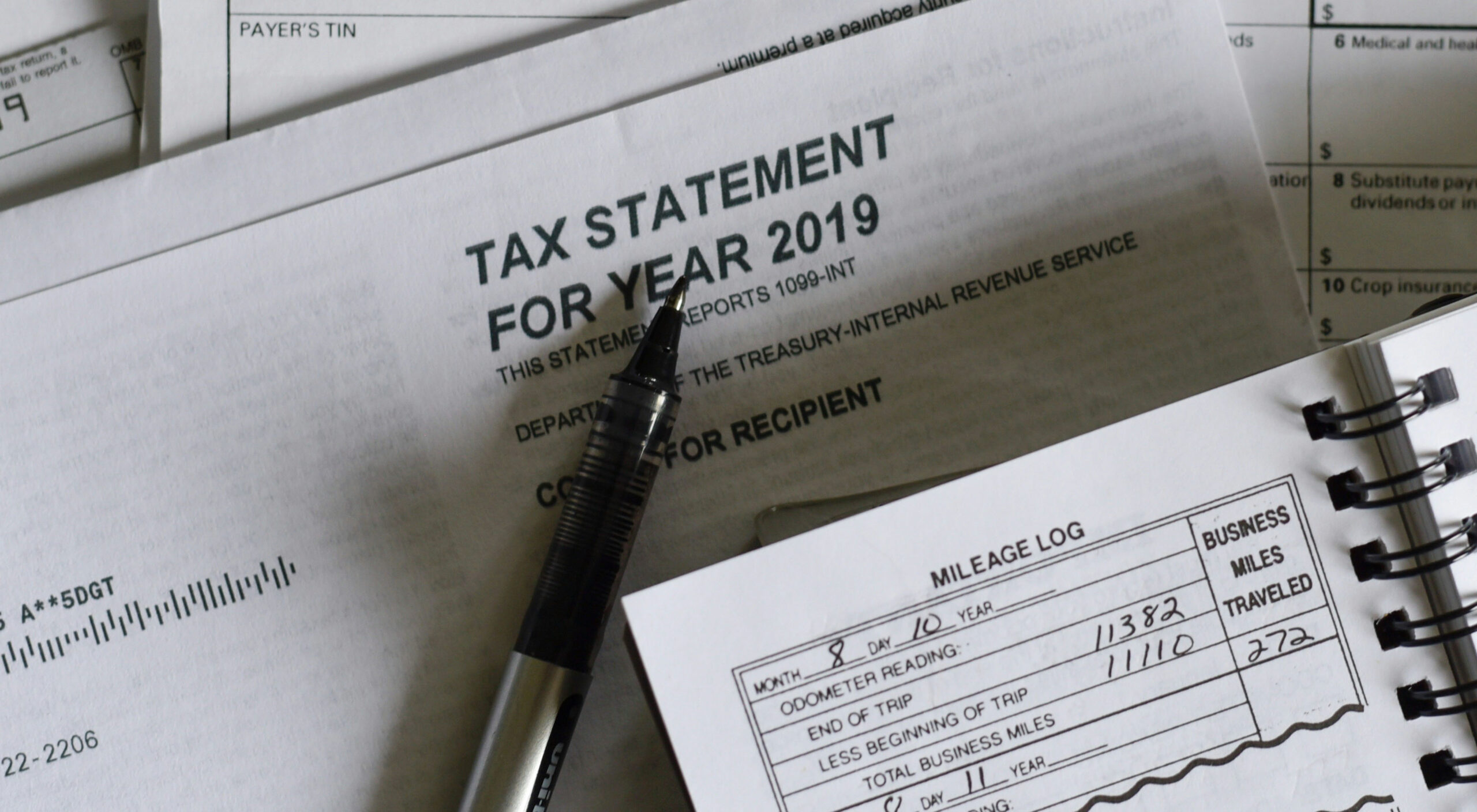IRS Launches New Enforcement Effort Aimed at High-Income Nonfilers

The Internal Revenue Service (IRS) has launched a new effort to collect delinquent taxes from high-income taxpayers who failed to file federal income tax returns between 2017 and 2021. Although this program currently is limited to examination of these years, the IRS is permitted to assess a taxpayer for delinquent income taxes for any year in which the taxpayer failed to file an income tax return.
Earlier this month, the IRS sent letters concerning over 125,000 instances of high-income taxpayers failing to file federal income tax returns. More than 25,000 cases involve taxpayers with incomes of more than $1 million per year, and more than 100,000 cases involve taxpayers with incomes between $400,000 and $1 million per year. In each case, the information is based on data reported to the IRS by third parties — generally either on Form W-2 or Form 1099.
The IRS projects sending between 20,000 and 40,000 letters per week, beginning with taxpayers in the highest income categories. Many high-income nonfilers failed to file for multiple years — resulting in the total number of taxpayers who receive letters being smaller than the total number of letters mailed.
The letters explain to nonfilers how to resolve their tax noncompliance by promptly filing their delinquent tax returns and promptly paying their delinquent taxes. The letters also warn of escalating consequences if recipients continue to avoid filing tax returns or paying taxes, including liens on assets and levies on wages and bank accounts.
The IRS conservatively estimates that high-income nonfilers collectively account for hundreds of millions of dollars of unpaid taxes. While uncommon, some high-income nonfilers may actually be owed a refund if, for example, an employer withheld excess taxes from their wages or significant credits and deductions apply to their specific situations.
The IRS has pursued nonfilers only sporadically since 2016 due to budget and staffing limitations. The current IRS enforcement effort was made possible by new funding from the Inflation Reduction Act and is part of a broader IRS campaign to pursue wealthy individuals and businesses for failing to file tax returns and failing to pay taxes. According to an IRS news release, the agency has already collected more than $500 million in its broader effort to recover delinquent taxes from high-income taxpayers.
Please contact Taft with any concerns regarding potential liability resulting from a failure to file income tax returns for any of the relevant years — or any other year.
In This Article
You May Also Like
EPA Throws Four New Rules at Power Plants in One Move; Court Battles and Carbon Sequestration Likely to Ramp Up Final Regulations Provide Clarity and Create New Issues for Domestically Controlled REITs